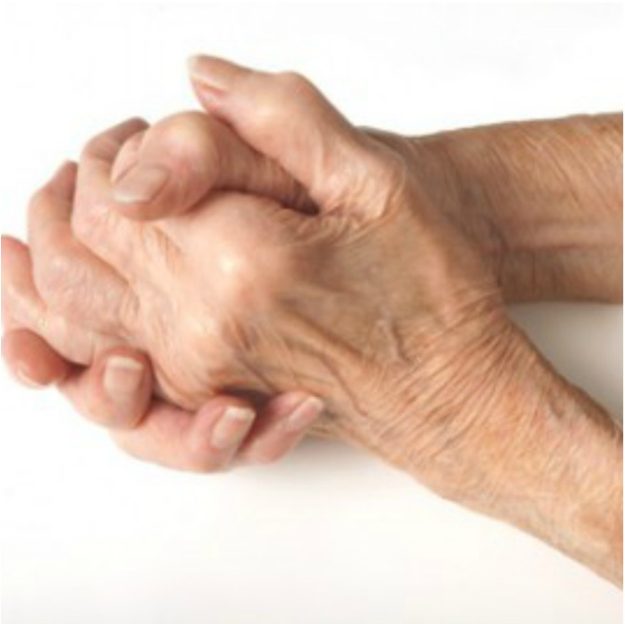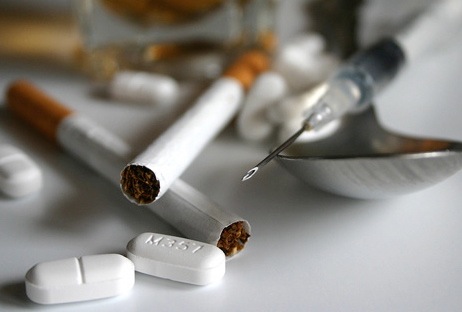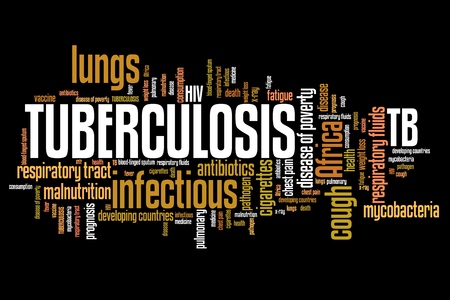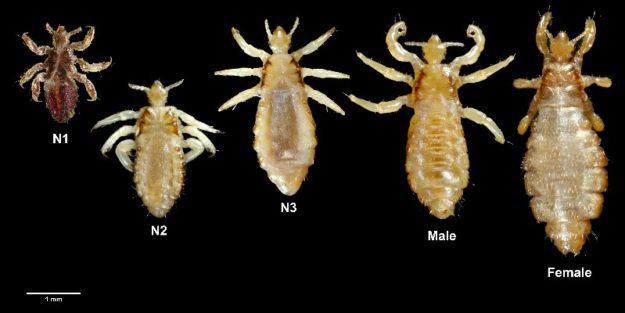Aging in Corrections for the Correctional Nurse 2.5 Continuing Education Hours Correctional nurses are increasingly caring for individuals who are aging behind the wall—often with complex medical, functional, and psychosocial needs. This course explores the normal physiologic changes of aging, the phenomenon of accelerated aging in incarcerated populations, and the nursing interventions that promote safety,…
Infectious Disease Prevention and Management for the Correctional Nurse 2.5 Continuing Education Hours Correctional nurses are on the front lines of identifying, preventing, and managing infectious diseases behind the wall. This course provides a practical and comprehensive review of common and emerging infections in correctional settings, including tuberculosis, hepatitis, HIV, MRSA, influenza, and COVID-19. Participants…
Medication-Assisted Treatment for the Correctional Nurse 2.5 Continuing Education Hours Opioid Use Disorder (OUD) is a major public health crisis, and correctional settings carry a disproportionate share of this burden. Medication-Assisted Treatment (MAT) is the evidence-based standard of care yet remains underutilized in many facilities due to stigma, security concerns, logistical challenges, and restrictive policies.…
Professionalism for the Correctional Nurse 2.5 Continuing Education Hours Correctional nursing requires a high level of professionalism, balancing the ethical standards of nursing with the unique challenges of practicing behind the wall. This 2.5-hour continuing education course explores what professionalism means in nursing, how correctional nurses develop and sustain a professional identity, and the ways…
Withdrawal for the Correctional Nurse 2.5 Continuing Education Hours Incarcerated individuals frequently enter correctional facilities in various stages of substance withdrawal. Without timely recognition and intervention, withdrawal from alcohol, opioids, stimulants, or benzodiazepines can result in serious complications, medical emergencies, or even death. Correctional nurses are often the first to assess and monitor these patients,…
Trauma-Informed Care for the Correctional Nurse 2.5 Continuing Education Hours Incarcerated individuals experience disproportionately high rates of trauma, from childhood abuse and community violence to the trauma of incarceration itself. This course equips correctional nurses with the knowledge and skills to recognize trauma responses, prevent re-traumatization, and deliver care that fosters safety, trust, and collaboration.…
Implicit Bias in Healthcare for the Correctional Nurse 2.0 Continuing Education Hours In correctional healthcare, nurses serve one of the most diverse and medically complex patient populations in the nation. Incarcerated individuals often come from marginalized communities, have histories of trauma, and present with a wide range of medical, psychiatric, and substance use disorders. As…
Pregnancy for the Correctional Nurse 2.5 Continuing Education Hours Pregnancy is a unique and complex physiological state requiring specialized healthcare, timely interventions, and careful monitoring to ensure the health and safety of both the pregnant person and the fetus. In the correctional environment, these needs intersect with a host of challenges—limited resources, security constraints, inconsistent…
A Tuberculosis Primer for the Correctional Nurse 2.0 Continuing Education Hours The Centers for Disease Control and Prevention estimate that 4-6% of all cases of tuberculosis in the United States occur in individuals who are incarcerated at the time of their diagnosis. Tuberculosis prevention and control measures in the correctional environment include early identification of…
Ectoparasites in the Correctional Environment 2.0 Continuing Education Hours Human scabies is an intensely pruritic skin infestation caused by the host-specific mite Sarcoptes scabiei var hominis. Scabies is a global public health problem, affecting persons of all ages, races, and socioeconomic groups. Worldwide, an estimated 300 million cases occur annually. Overcrowding, delayed diagnosis and treatment,…









